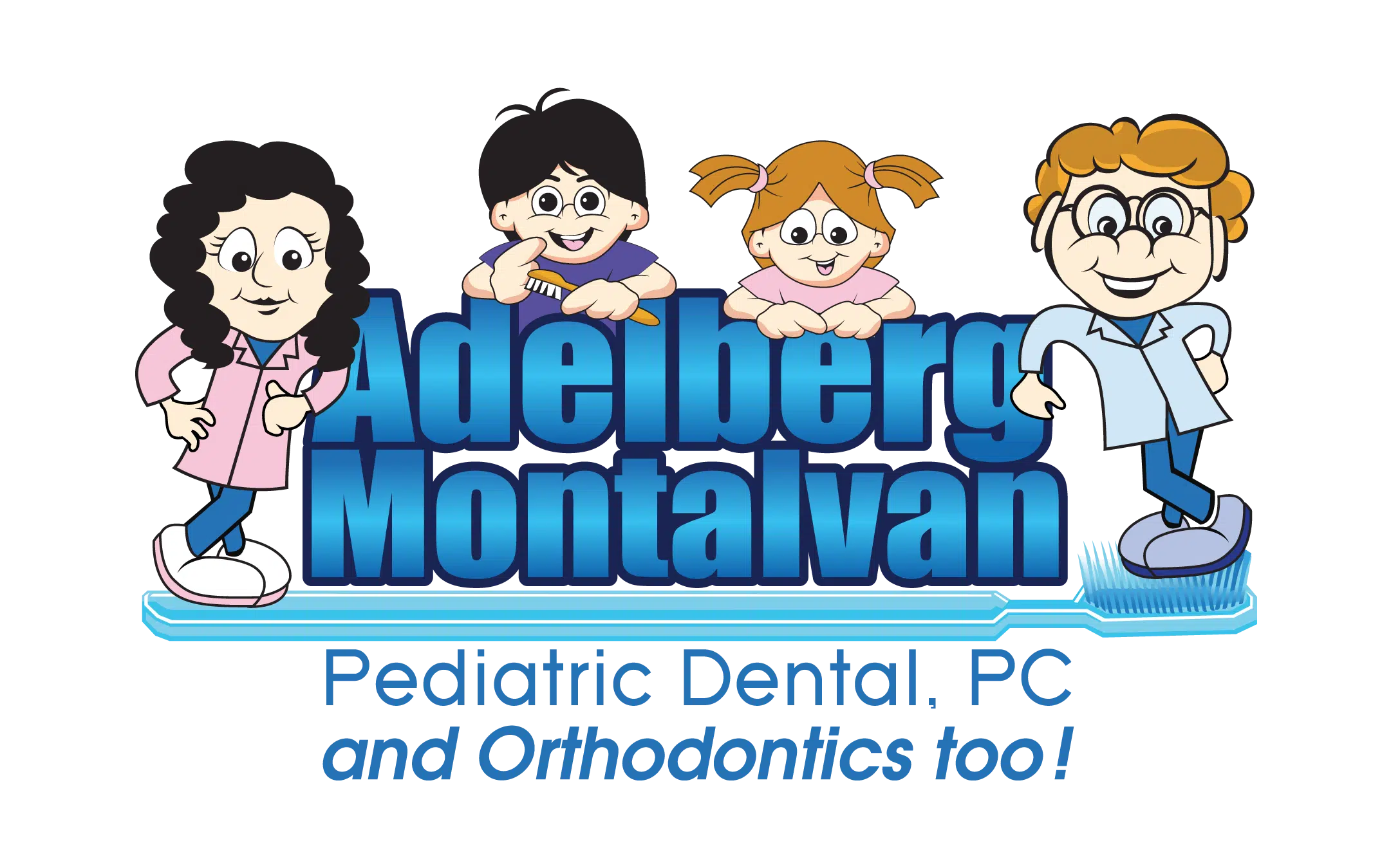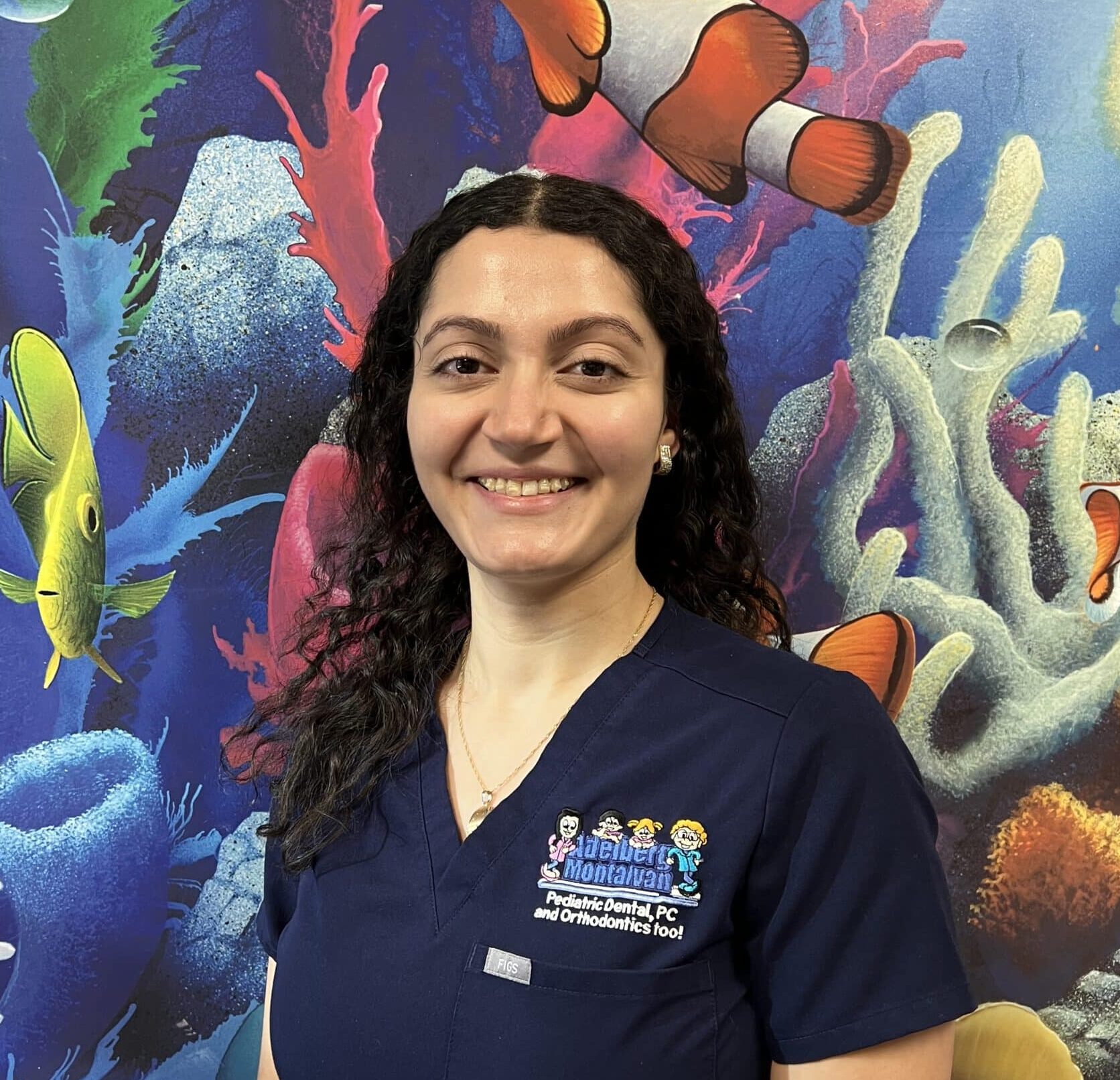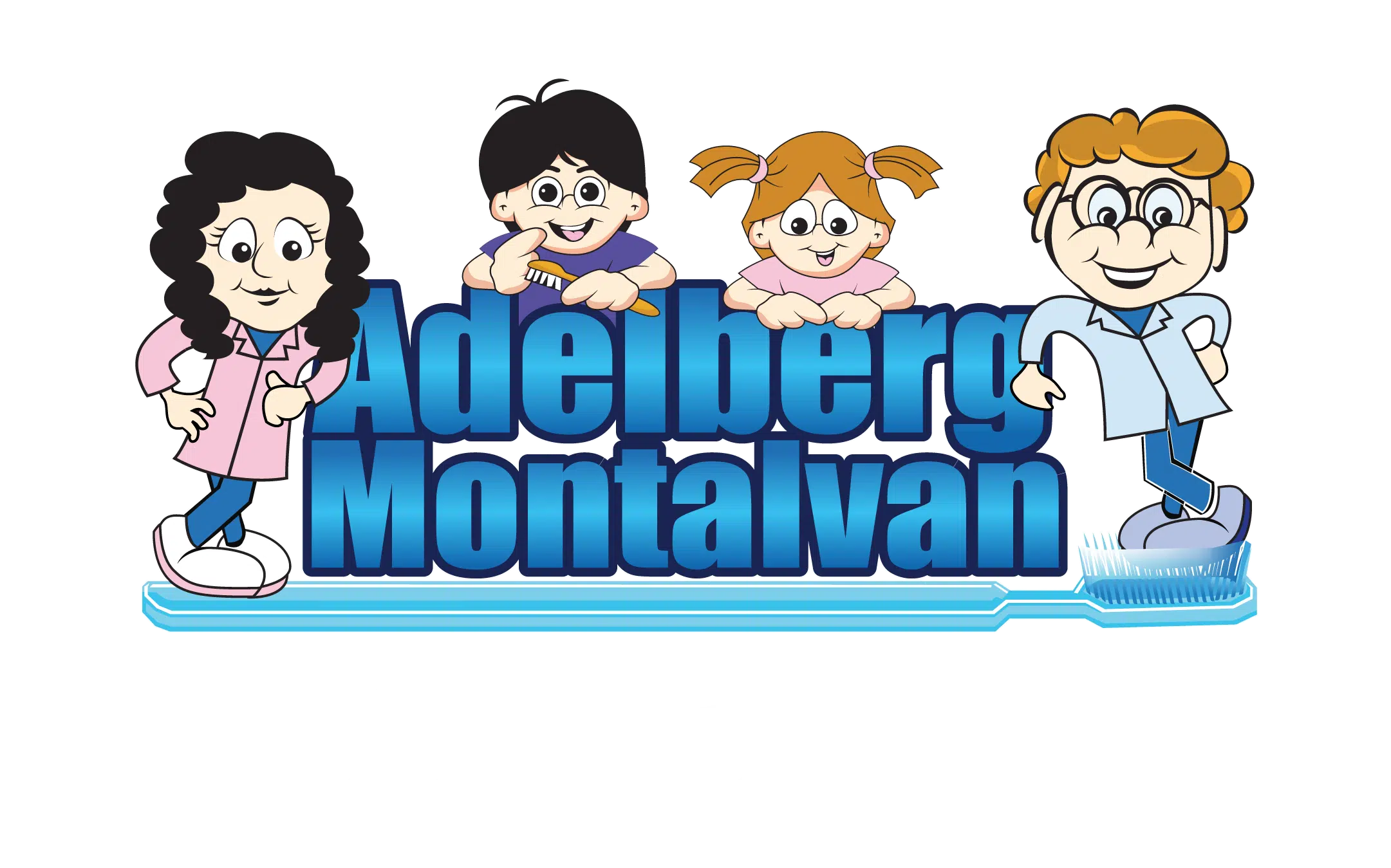Welcome to Adelberg Montalvan Pediatric Dental
We Accept Your Insurance





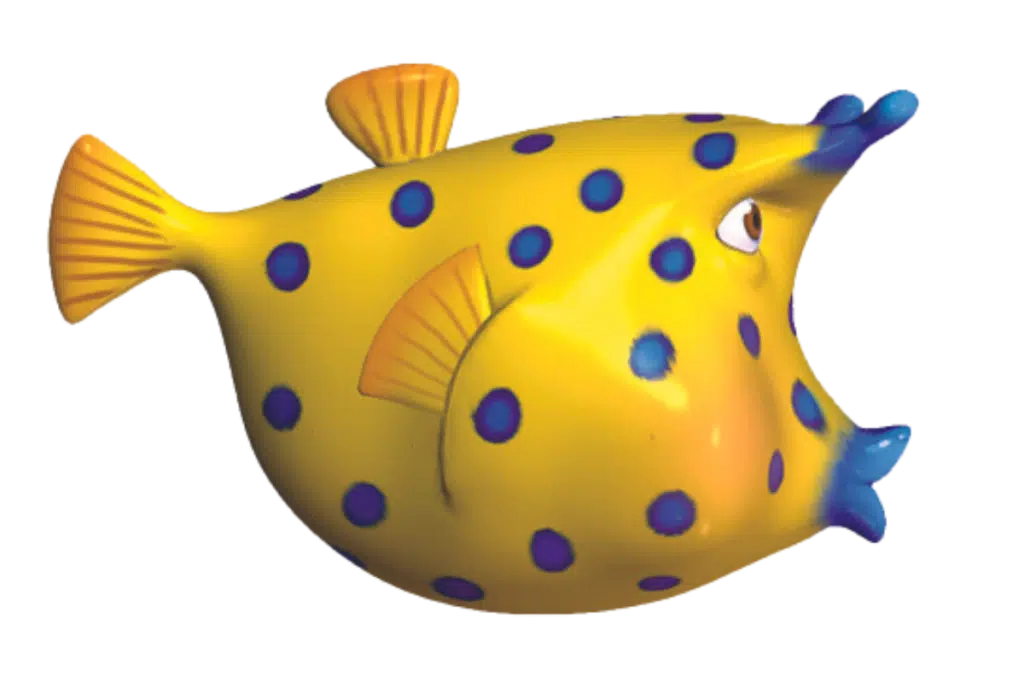
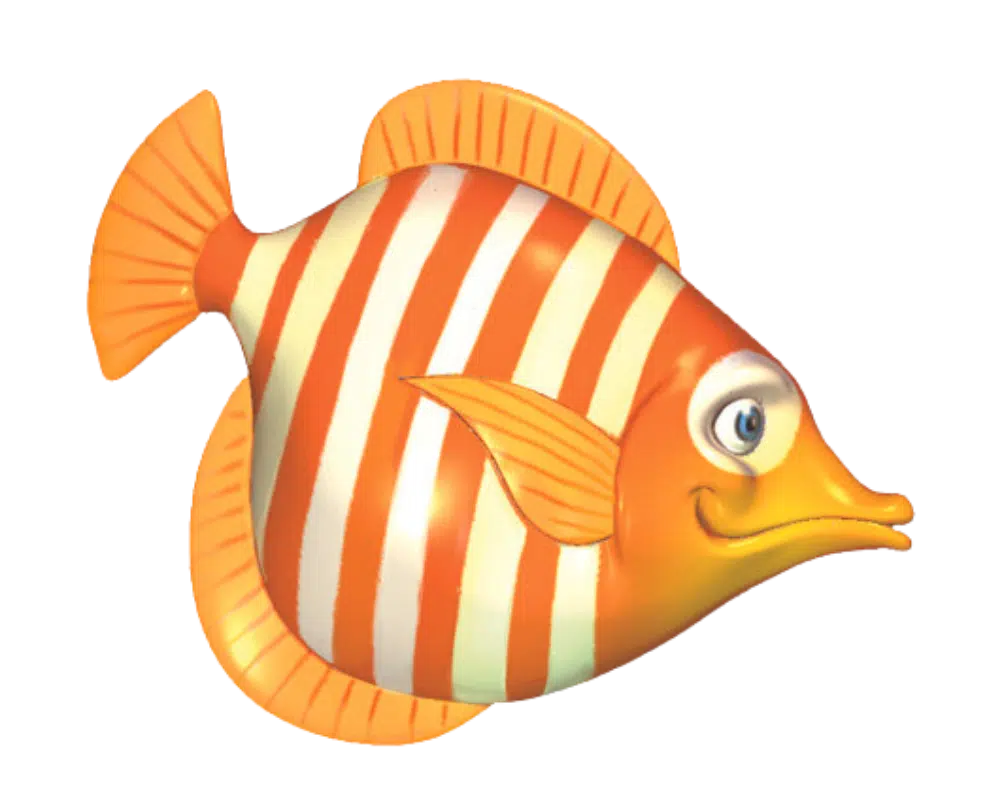
Why Choose Us
Our purpose is to deliver outstanding pediatric dentistry that will positively impact your child’s life forever.
ALL UNDER ONE ROOF
Our services allow us to meet the unique needs of every child at every stage of development.
COMMITMENT TO PATIENTS
We go above and beyond to create a positive, welcoming environment that puts children at ease.
CONVENIENT HOURS
Our practice is open convenient hours to ensure we accommodate you and your child’s busy schedules.

Meet Our Doctors
Get to know the experienced and dedicated pediatric dentists who are committed to providing exceptional care to your child.
Previous
Next
PARENTS LOVE US ON SOCIAL MEDIA
5/5
“What an amazing group. I took my three kids yesterday for a cleaning and check-up. Every single person we came into contact with was so sweet to my kids who are 2, 5, and 7. My oldest is autistic and has extreme anxiety when it comes to the dentist. The doctor was able to count on him to distract him from his cleaning and was able to do a thorough cleaning and exam.”
Kristin M.
5/5
“This place is awesome! Such an amazing experience for my son that he didn’t want to leave. So thrilled to be part of the dental family!”
Jillian M.
5/5
“The office is warm and inviting and every person I saw and spoke to was delightful. The doctor even had a conversation with me about one of the hygienists that were working closely with him and how wonderful she is, which in the medical field is just amazing. The office is clean and absolutely beautiful and fun for kiddos!”
Jessie M.
5/5
“Love everything about this office. My son had a cleaning today and the team is incredible and so thorough.”
Cindi G.

